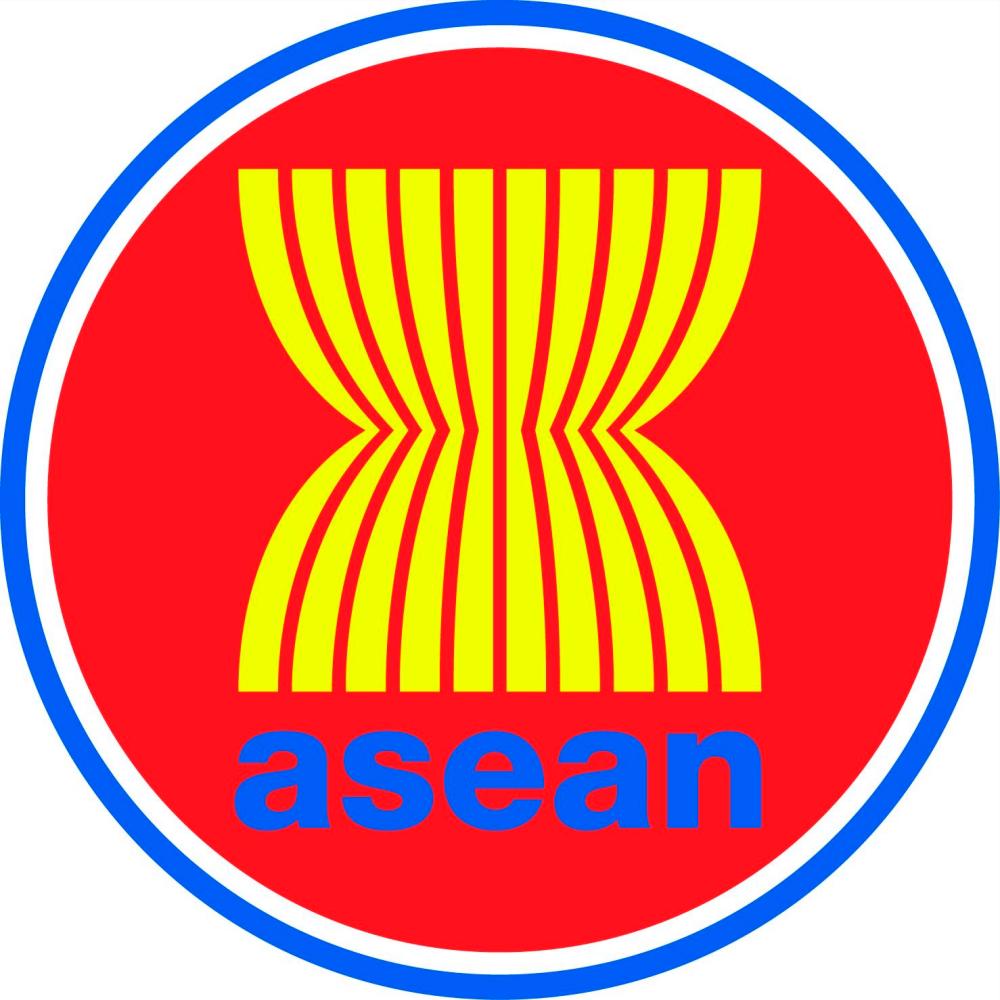KUALA LUMPUR: ASEAN Foreign Ministers on Saturday condemned Israeli attacks against civilians and civilian infrastructure in Gaza, which have resulted in an alarming number of casualties, since Oct 7.
In a joint communique issued after the two-day 57th ASEAN Foreign Ministers’ Meeting (AMM) held in Vientiane, Laos, the foreign ministers of ASEAN expressed grave concern over the dire humanitarian situation in Gaza, which has worsened following the attacks.
“We condemn all attacks against civilians and civilian infrastructure, which have resulted in the alarming number of casualties, particularly women and children, restricted access to food, water, and other basic needs, leading to further deterioration of the humanitarian crisis in Gaza,” it said.
Almost 10 months into the war, more than 39,000 people, particularly women and children, have been killed, and approximately 90,000 others have been injured, according to Palestinian health authorities.
The foreign ministers urged all relevant parties to accept the ceasefire proposal outlined in paragraph 2 of United Nations Security Council (UNSC) Resolution 2735.
“We call for the immediate and unconditional release of all hostages, especially 23 ASEAN nationals, women, children, the sick, and the elderly,” it said.
The foreign ministers also commended the efforts of various ASEAN member states in providing humanitarian assistance to Gaza and urged all ASEAN member states and external partners to continue providing and facilitating such assistance.
“We support the United Nations Relief and Works Agency for Palestine Refugees in the Near East (UNRWA) in executing its mandate and the UN Senior Humanitarian and Reconstruction Coordinator for Gaza in discharging her task effectively and efficiently, and in beginning work on post-conflict reconstruction,” the statement added.
The foreign ministers also called for rapid, safe, unimpeded, and sustained humanitarian access to all those in need through increased capacity at border crossings including by sea.
“We urge all parties concerned to work towards a peaceful resolution to the conflict to realise the two-state solution in accordance with international law and the relevant United Nations Security Council (UNSC) and United Nations General Assembly (UNGA) resolutions.
The foreign ministers also expressed great concern over the escalation of tension in the Middle East, and called on all parties concerned to exercise self-restraint, avoid acts that may aggravate the situation, and resolve differences through diplomacy and dialogue, in the interest of maintaining peace and stability in the region.









